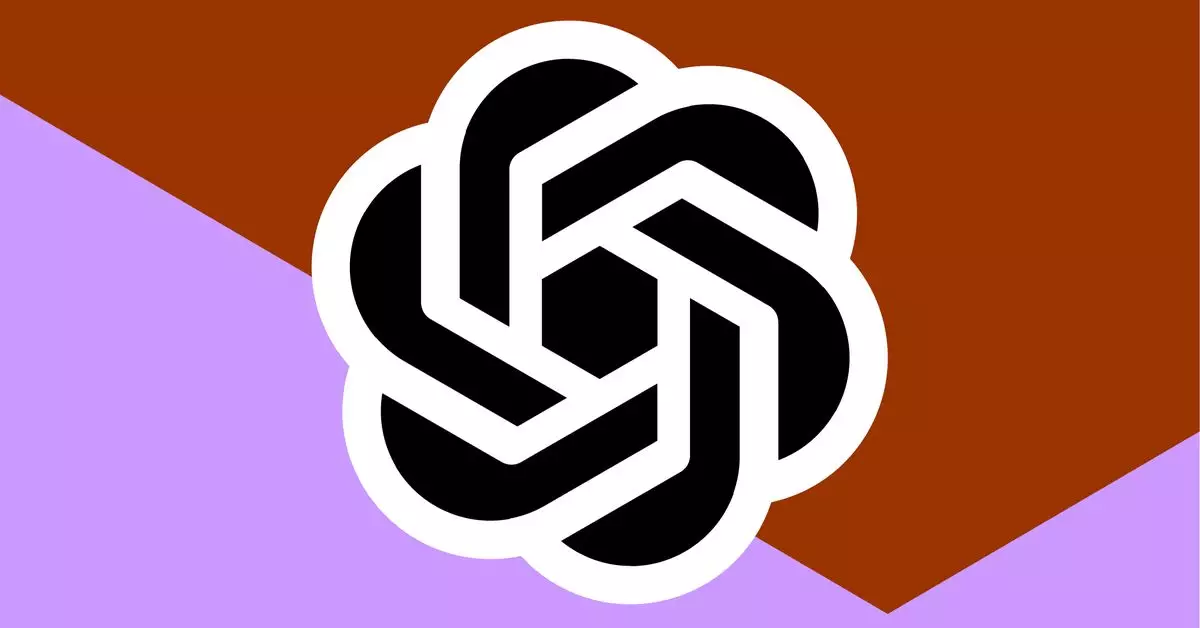OpenAI has been grappling with a significant internal divide over the release of its watermarking technology for ChatGPT-created text. While the company has developed a system for watermarking text and a tool to detect the watermark, there is a hesitation within the company about making it available to the public.
The watermarking technology developed by OpenAI is described as a method of adjusting the model’s predictions to create detectable patterns in the text. According to reports, this technology has been found to be “99.9% effective” in making AI-generated text detectable. This could be a valuable tool for educators looking to prevent students from using AI to complete writing assignments.
User Perception and Concerns
Despite the potential benefits of the watermarking technology, OpenAI is concerned about user perception. A survey commissioned by the company revealed that a significant number of ChatGPT users would be less likely to use the software if watermarking was implemented. Additionally, some staffers raised concerns about the effectiveness of the technology, suggesting that it could be easily circumvented using tricks like translating the text or adding and deleting emojis.
In response to these concerns, OpenAI is considering alternative methods that may be less controversial among users. While the watermarking technology is viewed as effective by employees, the company is exploring other options that could be more appealing to users.
OpenAI’s dilemma over the release of its watermarking technology highlights the complex nature of developing and implementing new tools in the field of AI. While the technology has been shown to be effective in detecting AI-generated text, concerns about user perception and potential workarounds have led the company to reconsider its approach. Ultimately, the decision to release the watermarking technology will require careful consideration of both the benefits and drawbacks, as well as the impact on user satisfaction.


Leave a Reply
You must be logged in to post a comment.